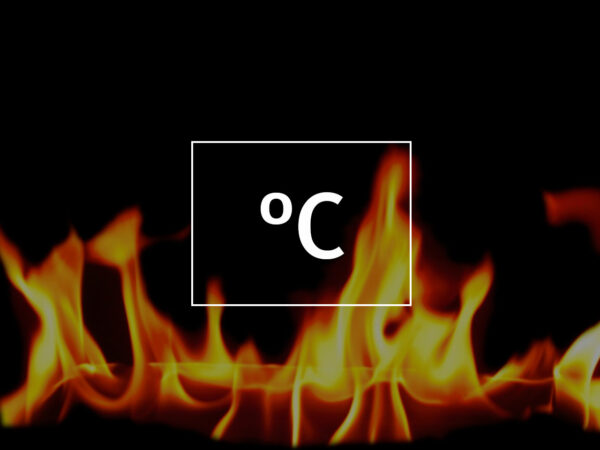Maximum Temperature
Materials Ranked by Maximum Temperature
Boron Nitride (BN) is top of the charts when it comes to maximum temperature withstanding temperatures up to 2000℃. It also has outstanding thermal conductivity and has good machinability amongst other attributes. A close 2nd is Shapal Hi M Soft™ withstanding temperatures up to 1900℃ and also offering high mechanical strength and thermal conductivity.
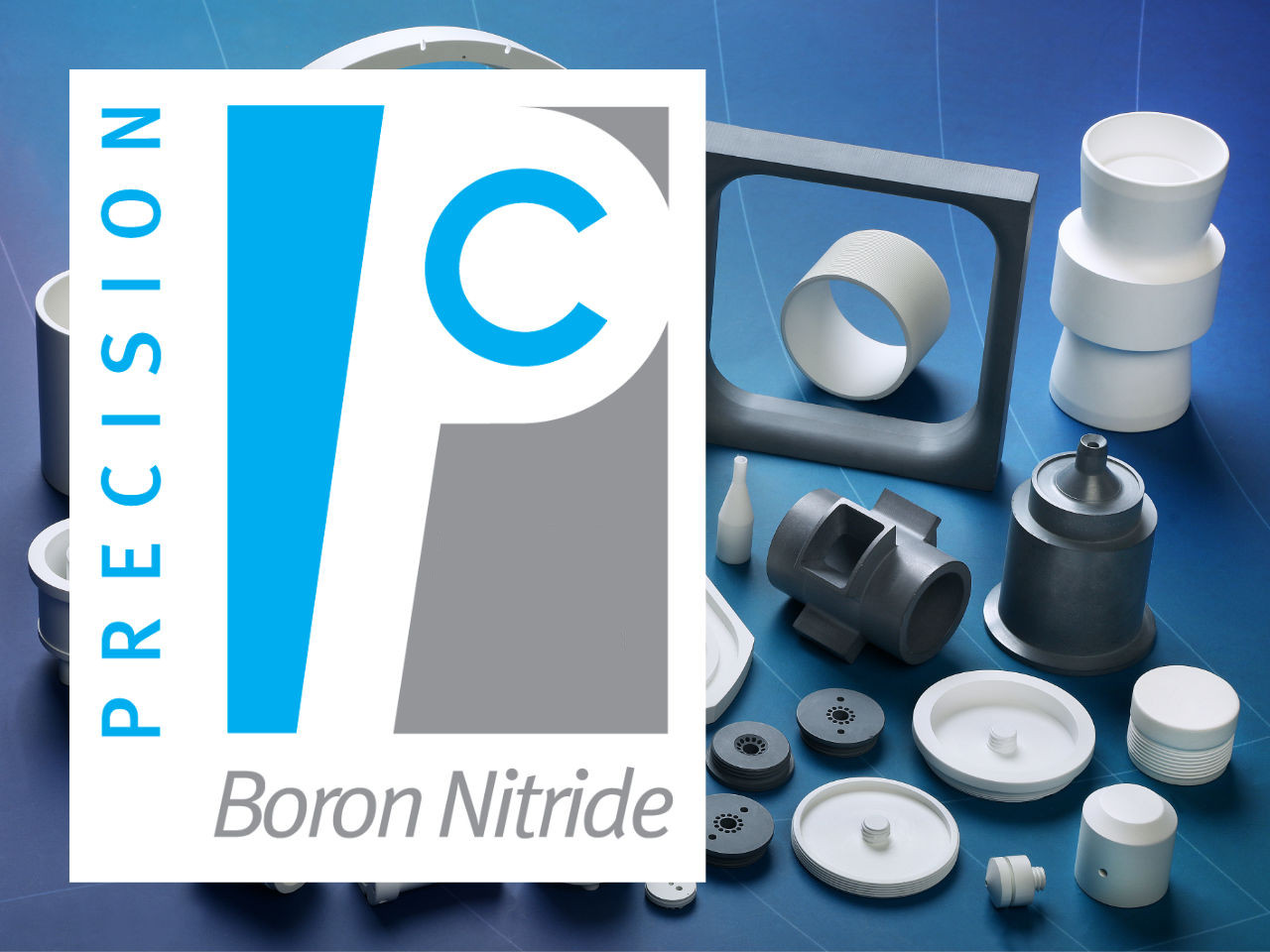
Boron Nitride (BN)
Boron Nitride (BN) is an advanced synthetic ceramic material available in solid and powder form. It has outstanding thermal conductivity and is easy to machine.
Details
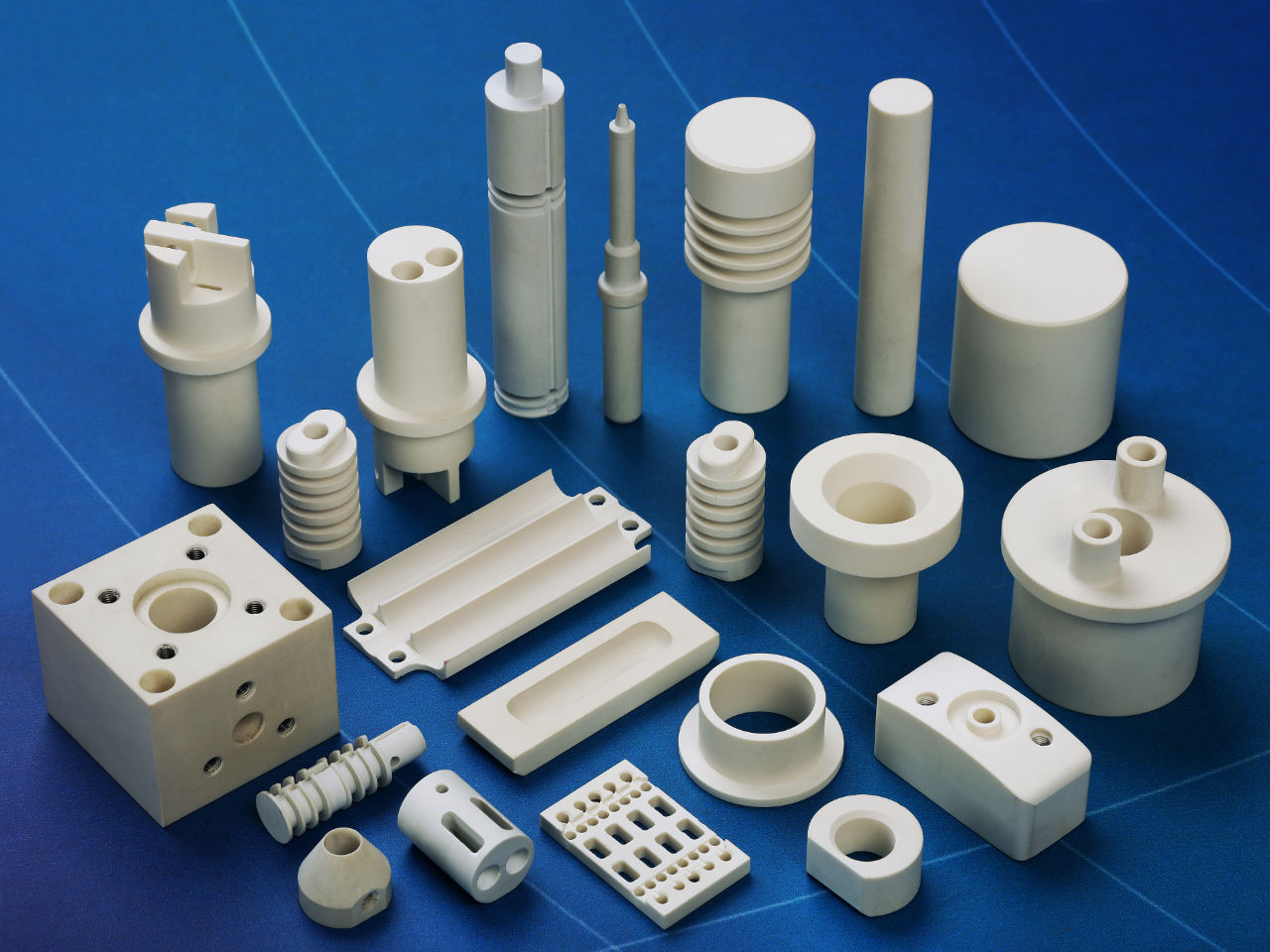
Shapal Hi M Soft™ - Machinable AlN
Shapal Hi-M Soft is a hybrid type of machinable Aluminum Nitride (AlN) ceramic that offers high mechanical strength and thermal conductivity.
Details
Silicon Carbide (SiC) – CeramaSil-C™
Silicon Carbide (SiC) is one of the lightest, hardest, and strongest advanced ceramic materials with exceptional thermal conductivity, acid resistance, and low thermal expansion.
Details
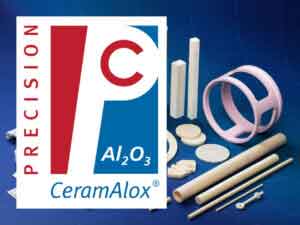
Alumina (Al2O3) – CeramAlox™
1750 ℃
Alumina, also known as Aluminum Oxide, is a hard wearing advanced technical ceramic material frequently used in a wide variety of industrial applications.
Details
Ceramic Material Comparison Chart
Related Properties
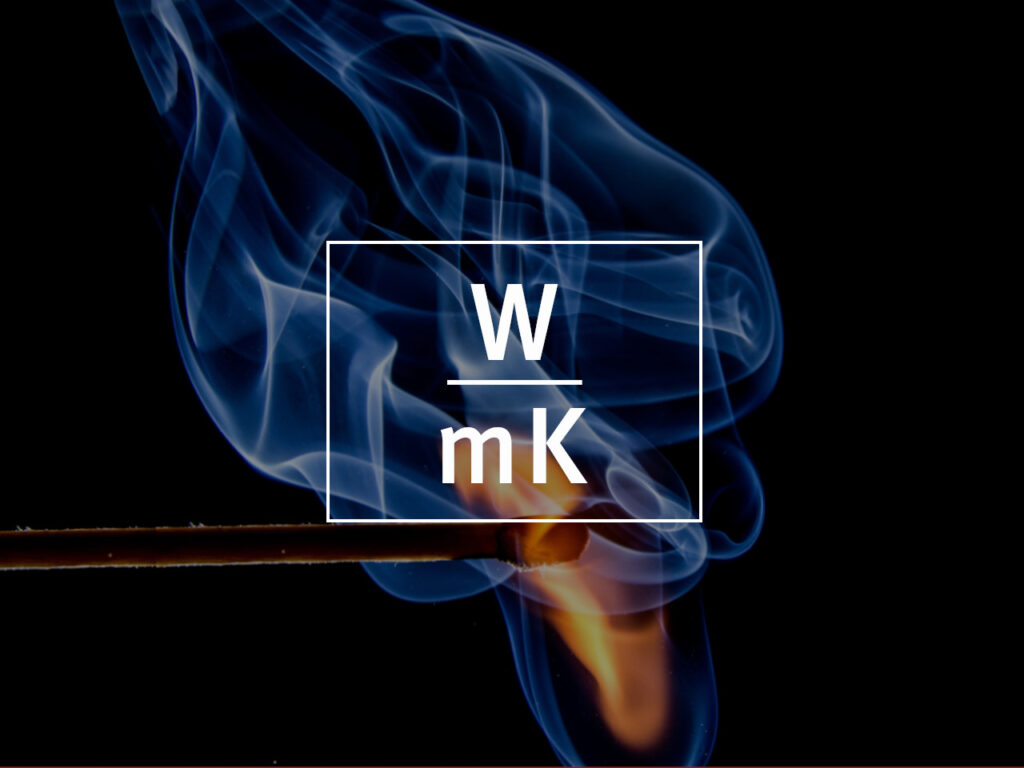
Thermal Conductivity
Thermal conductivity measures how easily heat is transmitted through a material. There is a growing specialist market for advanced ceramics use in applications with high thermal conductivity requirements.
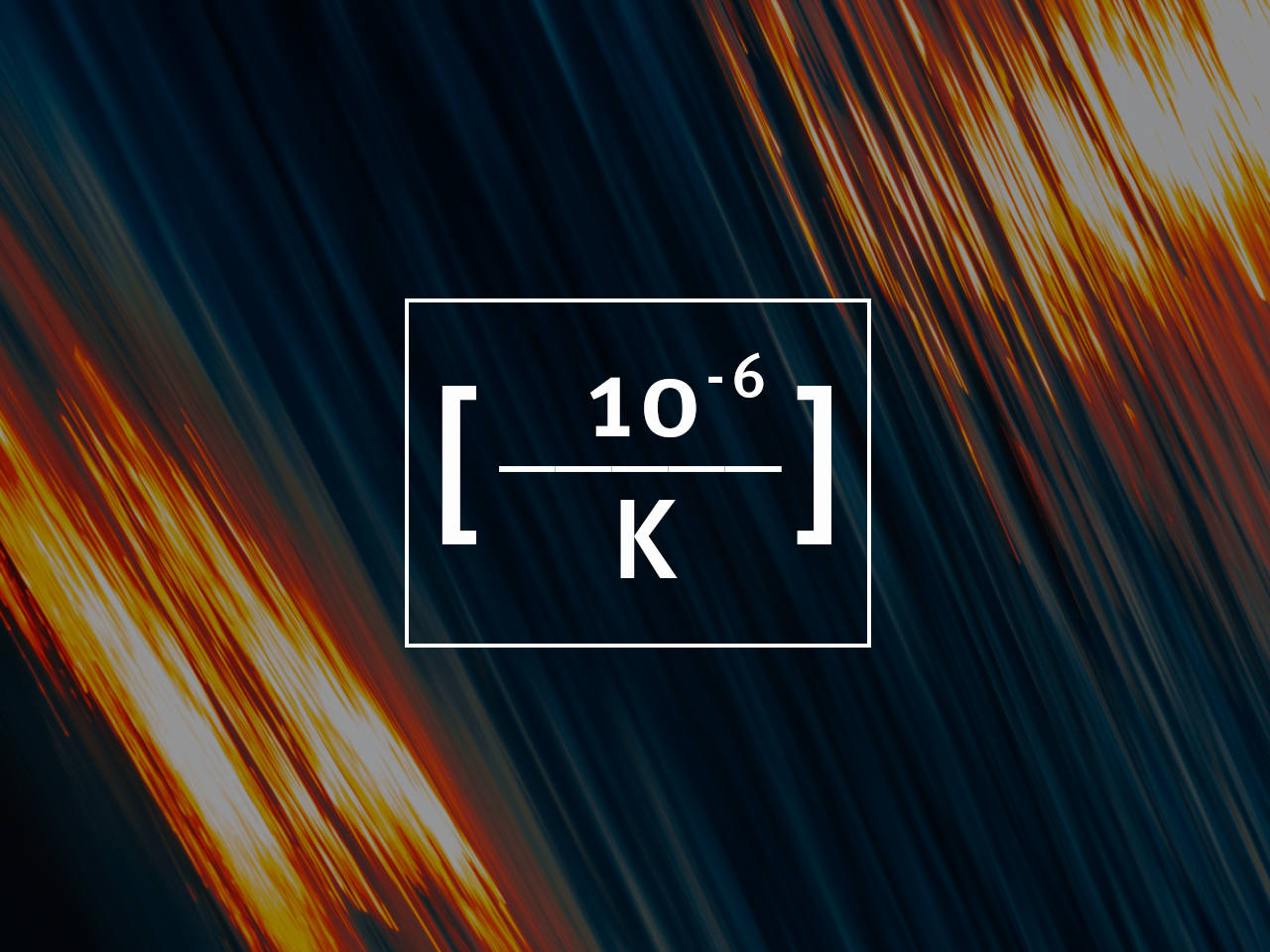
Thermal Expansion
Advanced ceramics have generally low coefficients of thermal expansion which is the measure of how much a material expands due to a rise in temperature. When heat is applied to most materials they expand due to their atomic structure, due to ceramics atomic composition they are able to stay stable across a wider range of temperatures.

